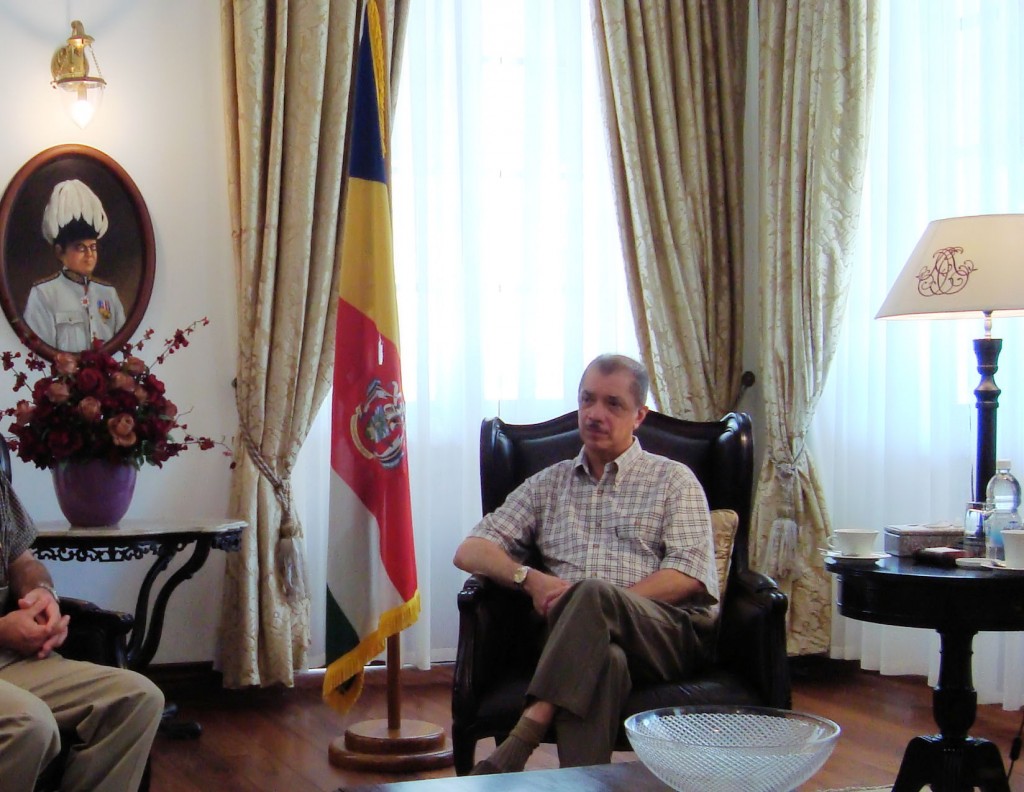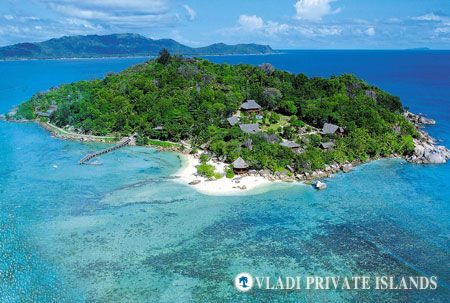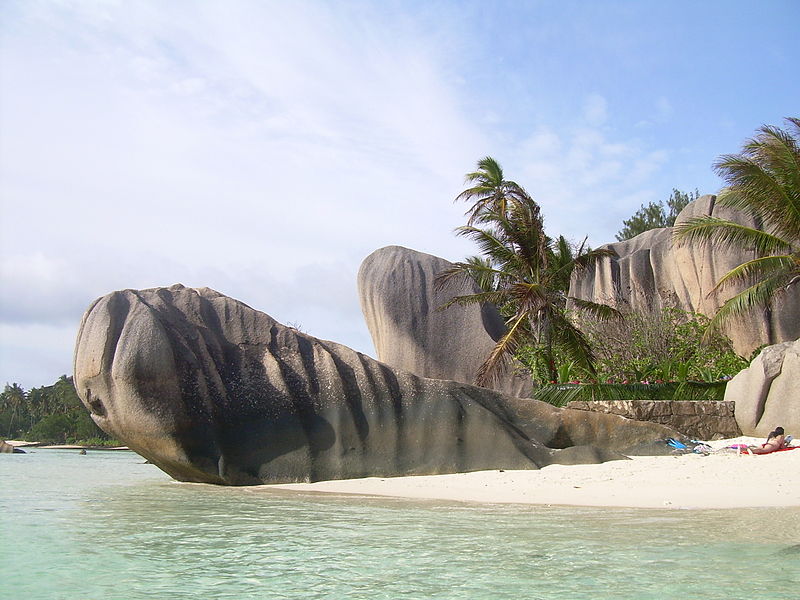At a recent meeting of the Commonwealth Heads of Government, Seychelles president James Michel made a strong case for a sustainable future.
The Indian Ocean nation of the Seychelles is a place of beauty and luxury; small private island resorts commanding high prices are scattered throughout the country’s 155 islands and cays, and visitors from across the world flock to enjoy its stunning beaches, tropical landscapes and coral reefs. Despite its idyllic, paradise-like atmosphere, however, the Seychelles is at the forefront of one of the world’s great political movements – the push by small island nations to bring attention to the dangers posed by climate change, and hold the rich developed world to account.
First elected as president in 2004, James Michel had long been active in the politics of the Seychelles, and watched as the islands were transformed from sleepy agricultural and fishing communities into one of the world’s premier 5-star holiday destinations. And throughout the decades, the impact of climate change on the islands has been undeniable. Unusually intense rainstorms have led to landslides and the destruction of hundreds of homes each year. A shocking annihilation of the coral reefs surrounding the islands has not only led to a die-off of many fish, but is so destabilizing that the coastlines are eroding, and the islands themselves are claimed to be sinking.
As the Seychellois see it, climate change is not the abstract, down-the-road fear that it is often regarded as in the developed world. The impact of climate change is already being felt in terrifying ways, and the very survival of the country is at stake. Joining in with other small island developing states, also known as SIDS, the country and its president have taken a leading role in advocating for international agreements like the Copenhagen Climate Change Treaty, in the hopes that their appeals will convince large countries like Australia, the United States and China to commit to change.
At the recent meeting of the Commonwealth Heads of Government, held during the last week of October in Perth, Australia, President Michel had strong words about the future of small island countries like his own. ““As we approach Rio 2012, it is a simple truth that SIDS are more in debt, more vulnerable, and with less finance than in 1992. Sustainable development is still a dream. If we cannot sustain islands, if we cannot achieve sustainable development in these societies that are simply microcosms of our global society, then we may as well agree that sustainable development is not possible,” he said.
He urged the developed world to see countries like the Seychelles as “laboratories” where the impact of sustainable policies can quickly manifest results – and that it was primarily financial concerns that were standing in the way of progress on renewable energy and other “green” projects. “The biggest challenge for all developing countries is the lack of genuine fast start climate change adaptation funds,” he said. “These funds are critical for Small Island Developing States and their survival.” He noted that many of these countries are unfairly considered “middle income”, and therefore excluded from climate change funding.
In June of next year, the leaders of the world will be convening in Rio de Janeiro for Earth Summit 2012, with sustainable development as a key issue. With their unity and tireless campaigning, the leaders of small island states like President Michel are ensuring that their voices will be heard by the globe’s major superpowers. It’s now up to the developed world to take action – and have the foresight to recognize that the climate change threats impacting a country like the Seychelles today will be felt in Washington, Beijing and Sydney tomorrow.
Read more about this story: http://www.eturbonews.com/26082/achieving-sustainable-development-small-islands





